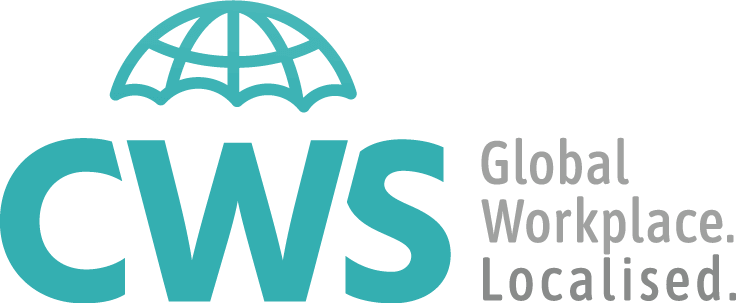Israel at a Glance
Economic overview
- Official Languages: Hebrew, Arabic
- Area: 21,640sq km
- Population: 8.5 million
Israel has a technologically advanced market economy with substantial, though diminishing, government participation. It depends on imports of crude oil, grains and other raw materials. Despite limited natural resources, Israel has intensively developed its agricultural and industrial sectors over the past 20 years. Israel imports substantial quantities of grain, but is largely self-sufficient in other agricultural products.
High-tech exports fuelled Israel’s high economic growth in the 1990s, reaching a high of 7.4 per cent in 2000. In recent years Israel’s economy has continued to grow steadily. Ongoing strong foreign investment, tax revenue, and private consumption levels have helped it recover quickly from shocks such as military conflicts.
The key industries driving the Israeli economy are ICT, oil and gas. Israel has a strong innovation and technology business culture, with an eco-system for start-ups that has been ranked as the best in the world outside the US. A reported level of venture capital activity described as the highest per capita in the world, and more than 275 multinational R&D centres present in the country. Moreover, Israel is home to over 70 Unicorns (private companies valued at over $1Bn), or 10% of all unicorns globally, adding wealth and prosperity to the Israeli economy at a large scale.
Legal System
The Israeli legal system is comparable to most Western legal systems with the main difference being the existence of religious courts for marital matters. In general, the court system is well regarded, reliable and impartial.
Alternative dispute resolution mechanisms, handled outside the regular court system, are also common and widely used, as well as the main court system.
Similarly, commercial contracts can contain a clause for dispute resolution which can be based on arbitration or the use of a neutral legal system in a third country.
Seek legal advice on dispute resolution from local commercial lawyers, preferably before entering a binding contractual relationship.
Taxation
The taxation regime in Israel includes a number of sources such as personal income tax, capital gains tax, VAT and land appreciation tax. Specific advice should be sought on a case by case basis using qualified experts such as accountants or tax lawyers.
Business hours
In general, the work week in Israel tends to run from Sunday to Thursday with Friday and Saturday considered the weekend where most people do not work. Opening hours vary from business to business and need to be consulted on case by case basis.
Public holidays
- April 23nd and 29th 2024 - Passover
- May 14th 2024 - Yom Haatzmaut (Independence day)
- June 12th 2024 - Shavuot
- October 3rd + 4th 2024 - Rosh Hashanah (Jewish New Year)
- October 12th 2024 - Yom Kippur
- October 17th and October 24th 2024 - Sukkot
Official Languages
The three (3) official languages in Israel are Hebrew, Arabic and English.
Climate
In general, the climate is mild and comfortable. Israel in summer is relatively hot (and humid in the coastal cities), but most buildings are well air-conditioned and the heat should not impact doing business. In winter, Jerusalem and other inland towns can get cold, with occasional snow.
For weather details in Israel, please visit the World Meteorological Organization.

